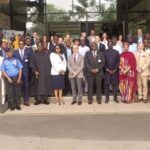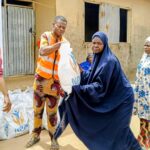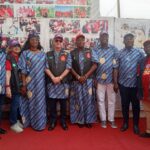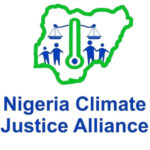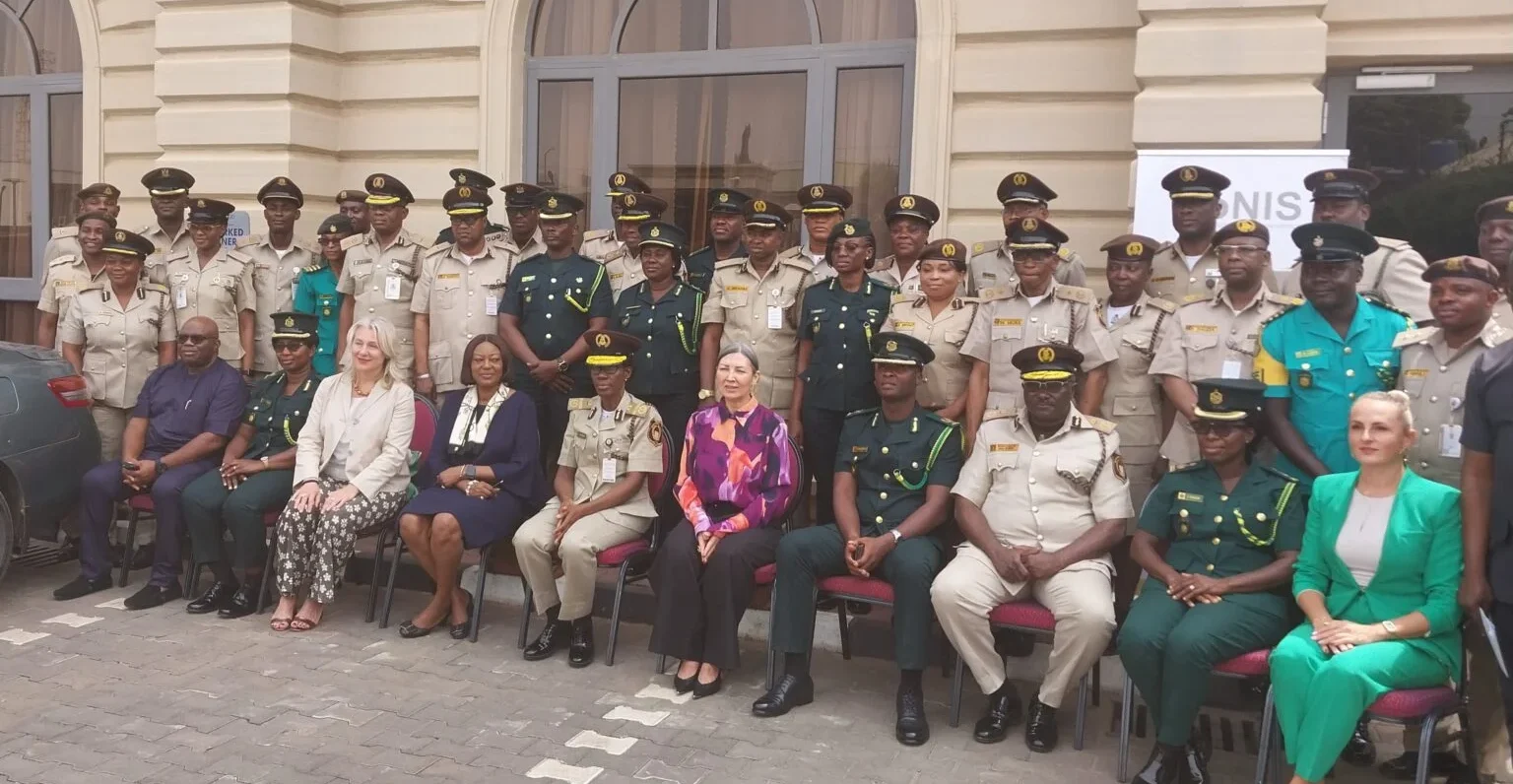By Angela Atabo/Fortune Abang
Stakeholders in the immigration sector have called for improved gender mainstreaming in migration policies to address inequalities and to promote inclusion.
The stakeholders made the call at a media parley on collaborative efforts of the International Centre for Migration Policy Development (ICMPD) and its partners.
They include the Nigeria Immigration Service and the Ghana Immigration Service on Gender mainstreaming to mark the 2024 UN International Women’s Day celebration.
According to Ms Mojisola Sodeinde, Head of Region, ICMPD, when it comes to migration, women are the most vulnerable, so there is need to put measures in place to empower and protect them among other things.
Sodeinde said there was also a need to strengthen the capacity of women in immigration services to address the issue of representation within institutions and gender dimension of the organisational structures and the working procedures.
She said that was what necessitated the MoNIS project which stands for `Modernising Nigeria Immigration Service Workforce’.
She said the project aimed to support the Nigeria Immigration Service (NIS) in its institutional reform efforts to modernise its human resource management system to increase internal efficiency, productivity, and fairness among its workforce.
“In gender mainstreaming, the important point is recognising that there is a problem. I rate Nigeria very high because one, NIS has recognised the need to move towards a balanced service.
“There are now measures being taken to tackle gender mainstreaming.
”The MoNIS project we are implementing has its key cardinal point to tackle gender mainstreaming and there is a policy already developed with the full backing of NIS leadership.
“We are very happy that the new Comptroller-General is a woman, so this agenda of improving women’s stance in the immigration service has moved forward.
“We are very happy that we are moving in the right direction and Nigeria rates quite high on that scale,’’ she said.
Ms Sedef Dearing, Director, Directorate for Migration Dialogue and Cooperation, ICMPD, said that a lot of young women migrate out of Nigeria, so it was important that the immigration service is sensitised towards their needs, plans and objectives.
Dearing said that this was necessary to understand their motives and to support them where necessary from all forms of vulnerabilities and prevent them from falling prey into the hands of traffickers.
“We are working on the MoNIS project not only looking at women issues but also looking into really modemising the immigration service in terms of its human resources policies, in terms of how human resources are organised and structured in the organisations.
“So, gender aspects are one part of the equation when it comes to career development and progression. We are also trying to bring gender sensitive policies into human resources in addressing the needs of women in the service.
“The plan is to also have male officers sensitised about the needs of female officers in the organisation and empower the females through training service in the organisation, ’she said
The Assistant Comptroller-General in charge of Training and Staff Development, NIS, Ada Umanah, said the issue of women in immigration used to be of great concern; however, improved measures were being put in place to address them.
Umanah said that NIS has also been working to strengthen border challenges of trafficking, protecting and intercepting women and children.
“We have had three female CGs in NIS and the present is the fourth. Presently, there are more women in the management cadre than men.
“However, generally, we have not met that five per cent minimum that has been approved. There are issues of marriage, culture, religion and others that hinder women in Africa to come out and take their place.
“I am sure that is one of the reasons why affirmative action, in the first instance, came on .So I think the duty is really for all of us to get more women involved,’’ she said.
Umanah stressed the need to implement the laws that says women should not be transferred from their husbands due to matrimonial duties until they get to the management cadres to encourage women.
Also speaking, Ms Scholastica Esug-Mensah, Assistant Commissioner, Head, Permanent Residence Department and Gender Focal Person, Ghana Immigration, said that borders were harsh places for women and they needed to be protected.
Esug-Mensah said that transnational trafficking affects all nations, so there was a need to increase awareness.
There is also the need to build the capacity of female officers to keep abreast with global best practices and in protecting vulnerable people. (NAN)
Edited by Ifeyinwa Okonkwo/Bashir Rabe Mani


